ICO wants to fix the data trust deficit
False choices and clever designs are sending us towards a crisis, says ICO director.
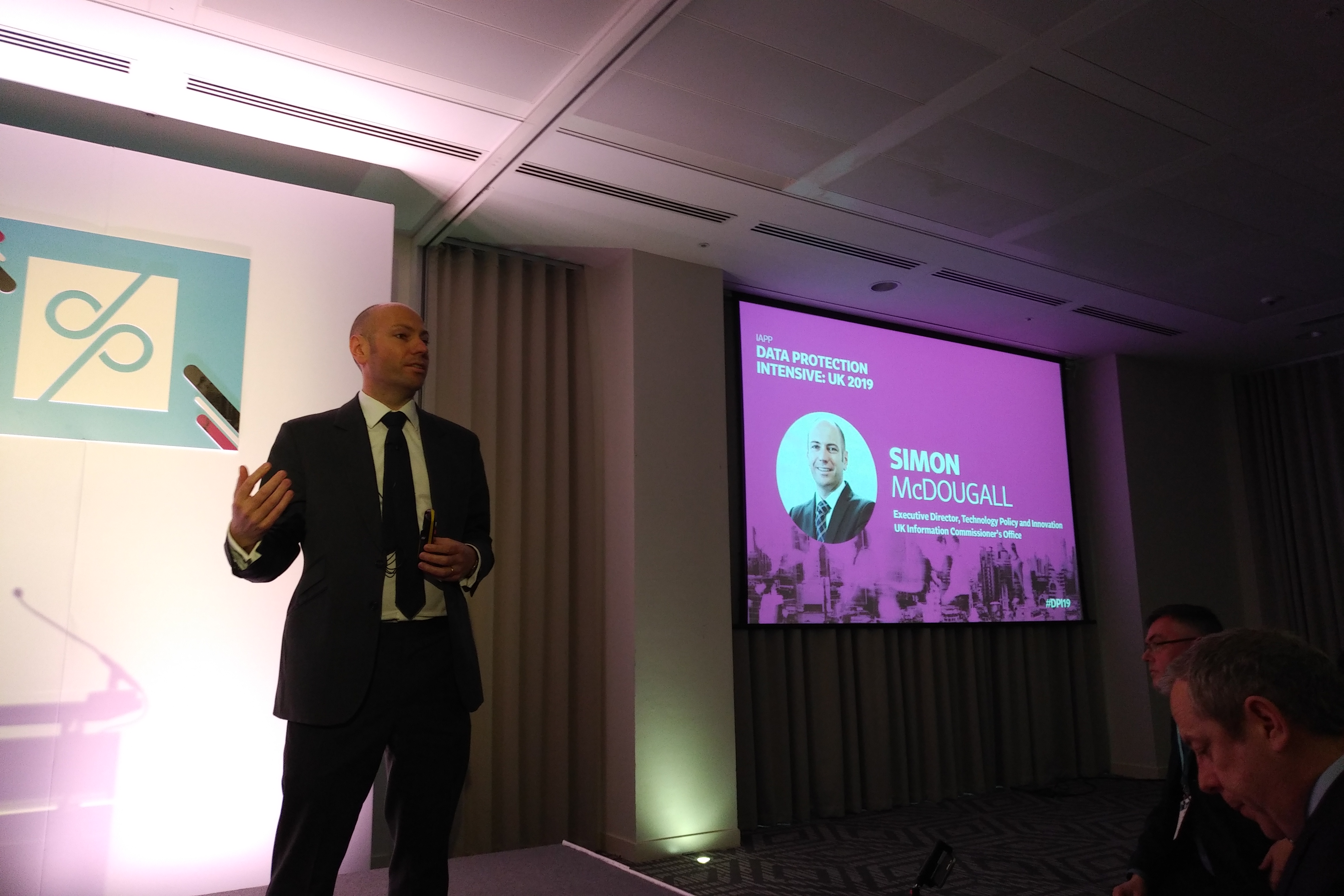

The Information Commissioner's Office (ICO) wants to rebuild trust in social media and technology companies, but according to one of its directors, its a losing battle.
These are the comments of Simon McDougall, the executive director of technology policy and innovation with the ICO, who believes that trust between the public and technology firms in deficit, and that deficit is widening.
"I think we are losing a battle," he said during the opening session of Wednesday's IAPP Data Intensive event in London. "A battle for trust. Everyday people, people out on the street, are losing trust with businesses, innovators and organisations with change.
"The reason we're losing this battle is that every time we create something cool, we're not bringing people along with us. So, they're not keeping up and this trust deficit widens and widens."
The cool things he mentions are the innovations currently taking the world by storm, advancing public lives and businesses faster than anything before it. From personal medicines that are not only adding years to lives but will add decades to children's lives by using the data of oneself or of other people to really understand which chemicals work best for individuals.
That data will also be revolutionised by 5G, which is potentially going to radically change how people interact with phones and devices, especially when they are outside of buildings and work. It will result in incredible rates of data download and low latency into external environments.
According to McDougall, this is both massively exciting, but also potentially extremely intrusive. And yet, with each of these changes, he believes the technology industry is failing to actually engage with people enough and bring them along and get them excited enough to buy into this technological shift in a positive fashion.
Get the ITPro daily newsletter
Sign up today and you will receive a free copy of our Future Focus 2025 report - the leading guidance on AI, cybersecurity and other IT challenges as per 700+ senior executives
"The future people are often visualising is still different but it is less exciting and more dystopian," he said. "And we have got to work out how we actually engage with people on these questions of innovation otherwise we risk just building up this trust deficit to unmanageable proportions.
"At the ICO, we're seeing these issues round this trust deficit manifest itself in different ways. We run an annual track survey, every year and we ask people in the UK a whole range of questions around data and privacy. Right now, only 15% of individuals have high-level trust in social media firms and tech platforms."
It's a vivid picture of the current state of the technology sector, particularly if one thinks back to the mid-2000s when tech firms could do no wrong. Everything was exciting, new innovations such as the iPhones were met with celebration, but now it's less so according to McDougall as people are looking at things in a different way.
As proof of point, complaints to the ICO have more than doubled year on year to 113%. Of course, there's a GDPR effect in that statistic, but McDougall said the complaints the ICO is getting aren't particularly about GDPR issues. They're about old fashioned privacy issues; transparency, notice and unexpected outcomes from people using data. And yet, despite this, people are still using these services. They're not logging off, they're still going online and using social media services.
"People don't feel empowered enough to do anything about it and so they're carrying on," he said. "Acquiescence does not equal trust. We are still building up a trust deficit as we are building change. People are still using it because they don't feel like they have a choice.
"I think a lot of this is to do with false choices and clever design. The 'I agree' button that we all click on a zillion times on our apps and websites is one of the biggest lies on the internet. How many people are actually reading these things, how many are actually clicking, because it is quite scary how the muscle memory is building up as these hands are just clicking their way through."
McDougall said such a situation is not healthy for technological advancements and trust building, and as a result, it means the tech world and its users are heading towards a crisis point.
"We are heading towards a lack of trust in new technology and if we don't respond or act, then at some point we will reap the consequences."
Bobby Hellard is ITPro's Reviews Editor and has worked on CloudPro and ChannelPro since 2018. In his time at ITPro, Bobby has covered stories for all the major technology companies, such as Apple, Microsoft, Amazon and Facebook, and regularly attends industry-leading events such as AWS Re:Invent and Google Cloud Next.
Bobby mainly covers hardware reviews, but you will also recognize him as the face of many of our video reviews of laptops and smartphones.
-
 Global cybersecurity spending is set to rise 12% in 2025 – here are the industries ramping up investment
Global cybersecurity spending is set to rise 12% in 2025 – here are the industries ramping up investmentNews Global cybersecurity spending is expected to surge this year, fueled by escalating state-sponsored threats and the rise of generative AI, according to new analysis from IDC.
By Ross Kelly Published
-
 Google Cloud is leaning on all its strengths to support enterprise AI
Google Cloud is leaning on all its strengths to support enterprise AIAnalysis Google Cloud made a big statement at its annual conference last week, staking its claim as the go-to provider for enterprise AI adoption.
By Rory Bathgate Published
-
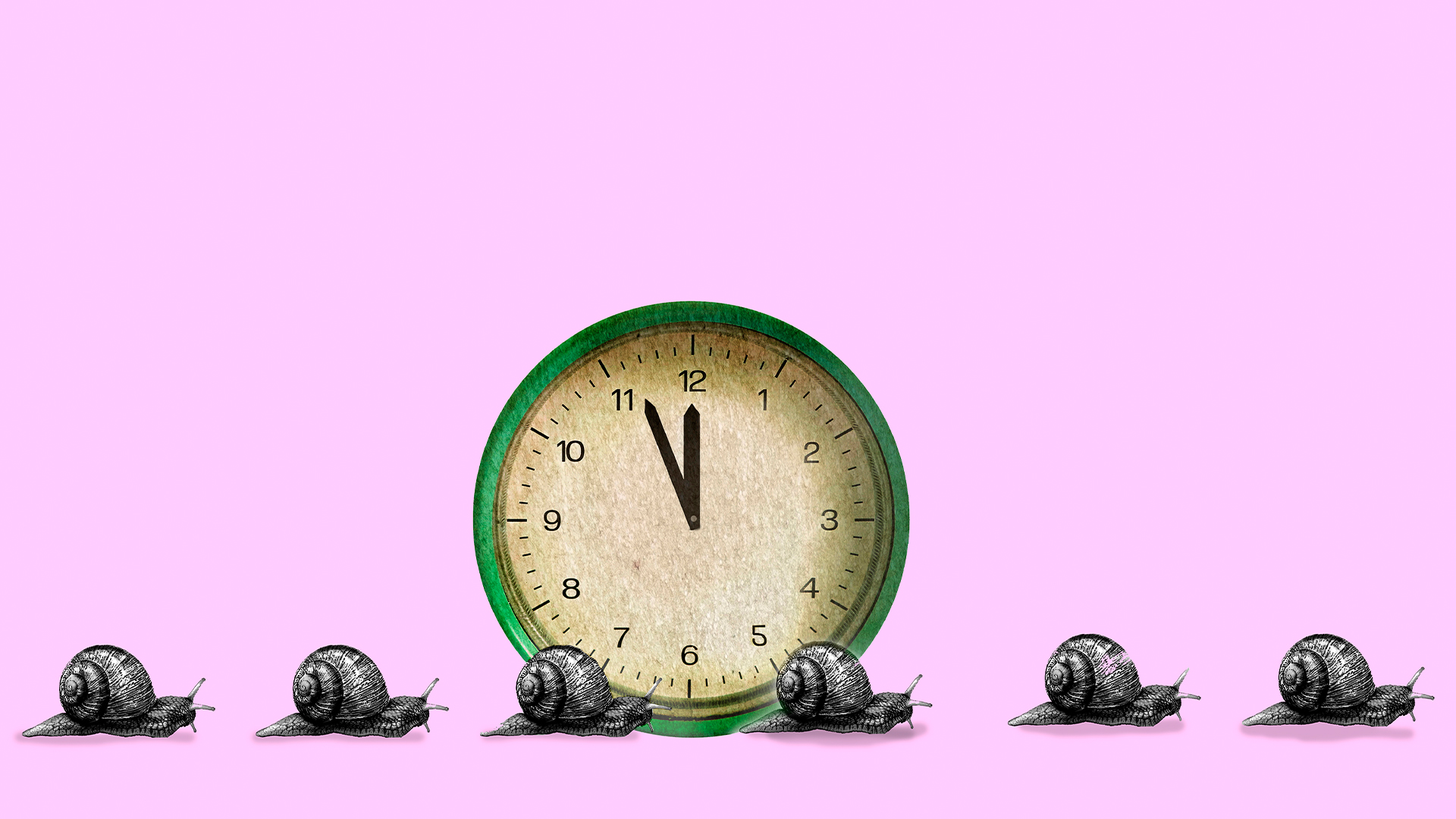 ICO admits it's too slow dealing with complaints – so it's eying up automation to cut staff workloads
ICO admits it's too slow dealing with complaints – so it's eying up automation to cut staff workloadsNews The UK's data protection authority has apologized for being slow to respond to data protection complaints, saying it's been overwhelmed by increased workloads.
By Emma Woollacott Published
-
 “Limited resources” scupper ICO probe into EasyJet breach
“Limited resources” scupper ICO probe into EasyJet breachNews The decision to drop the probe has been described as “deeply concerning” by security practitioners
By Ross Kelly Published
-
 Surge in workplace monitoring prompts new ICO guidelines on employee privacy
Surge in workplace monitoring prompts new ICO guidelines on employee privacyNews Detailed guidance on how to implement workplace monitoring could prevent data protection blunders
By Ross Kelly Published
-
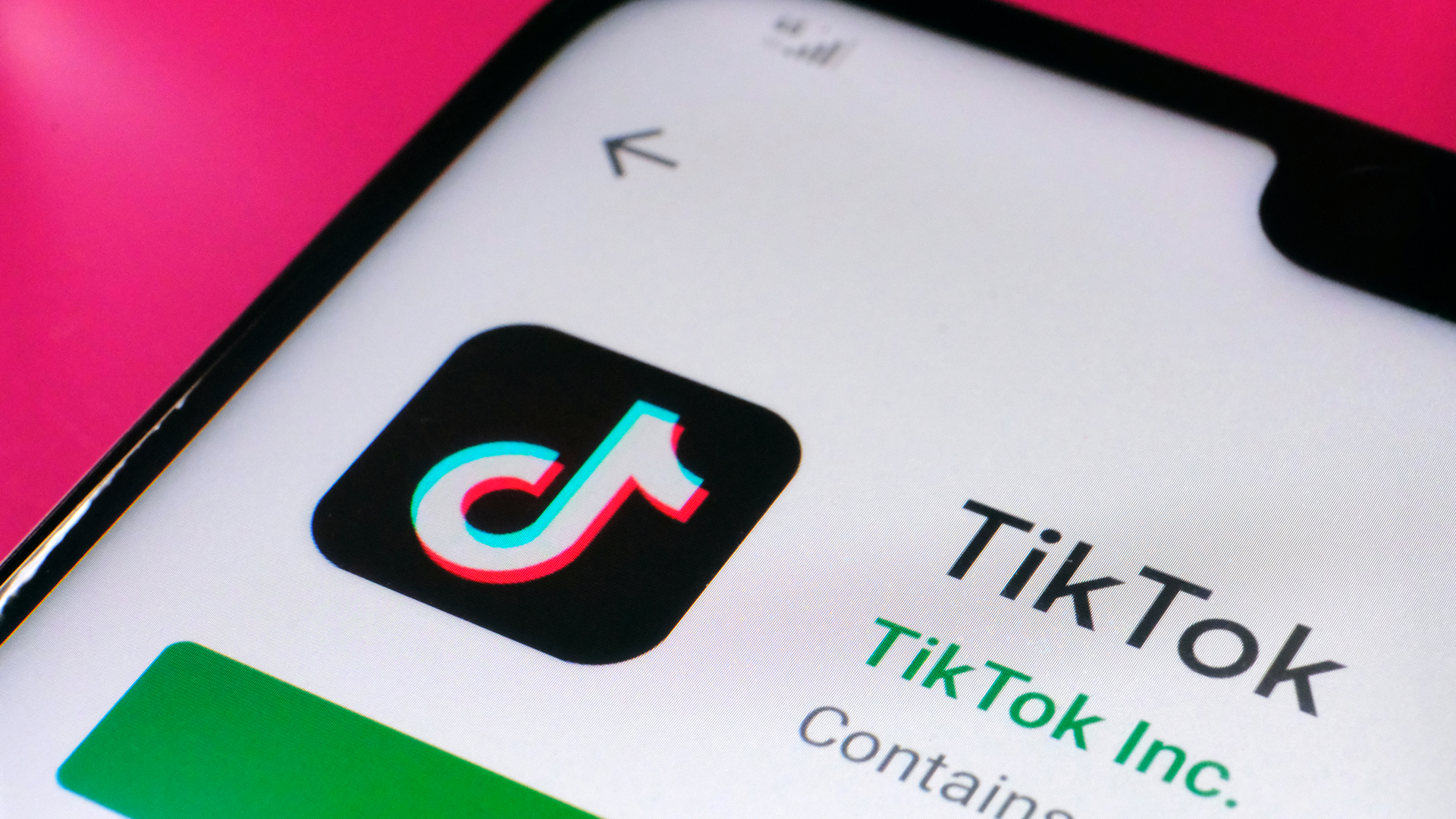 TikTok could be hit with £27m fine for failing to protect children's privacy
TikTok could be hit with £27m fine for failing to protect children's privacyNews Social media firm issued with a notice from the ICO for potential violations of UK data protection laws
By Bobby Hellard Published
-
 What is AdTech and why is it at the heart of a regulation storm?
What is AdTech and why is it at the heart of a regulation storm?In-depth The UK data regulator has come under heavy fire for consistently delaying much-needed action, privacy groups say
By Carly Page Published
-
 ICO crackdown on AI recruitment part of three-year vision to save businesses £100 million
ICO crackdown on AI recruitment part of three-year vision to save businesses £100 millionNews ICO25 outlines a fresh approach that involves releasing learning materials, advice, and a new ICO-moderated discussion forum for businesses
By Connor Jones Published
-
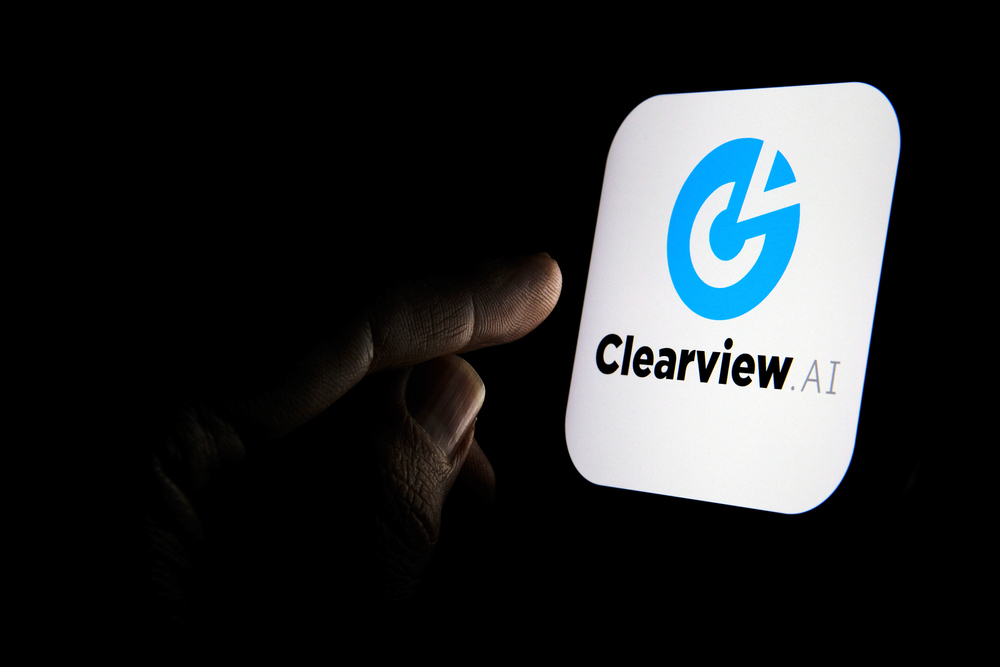 Clearview AI fined £7.5m over improper use of UK data
Clearview AI fined £7.5m over improper use of UK dataNews Australian facial recognition firm collected 20 billion images from the internet without consent in order to build its database
By Bobby Hellard Published
-
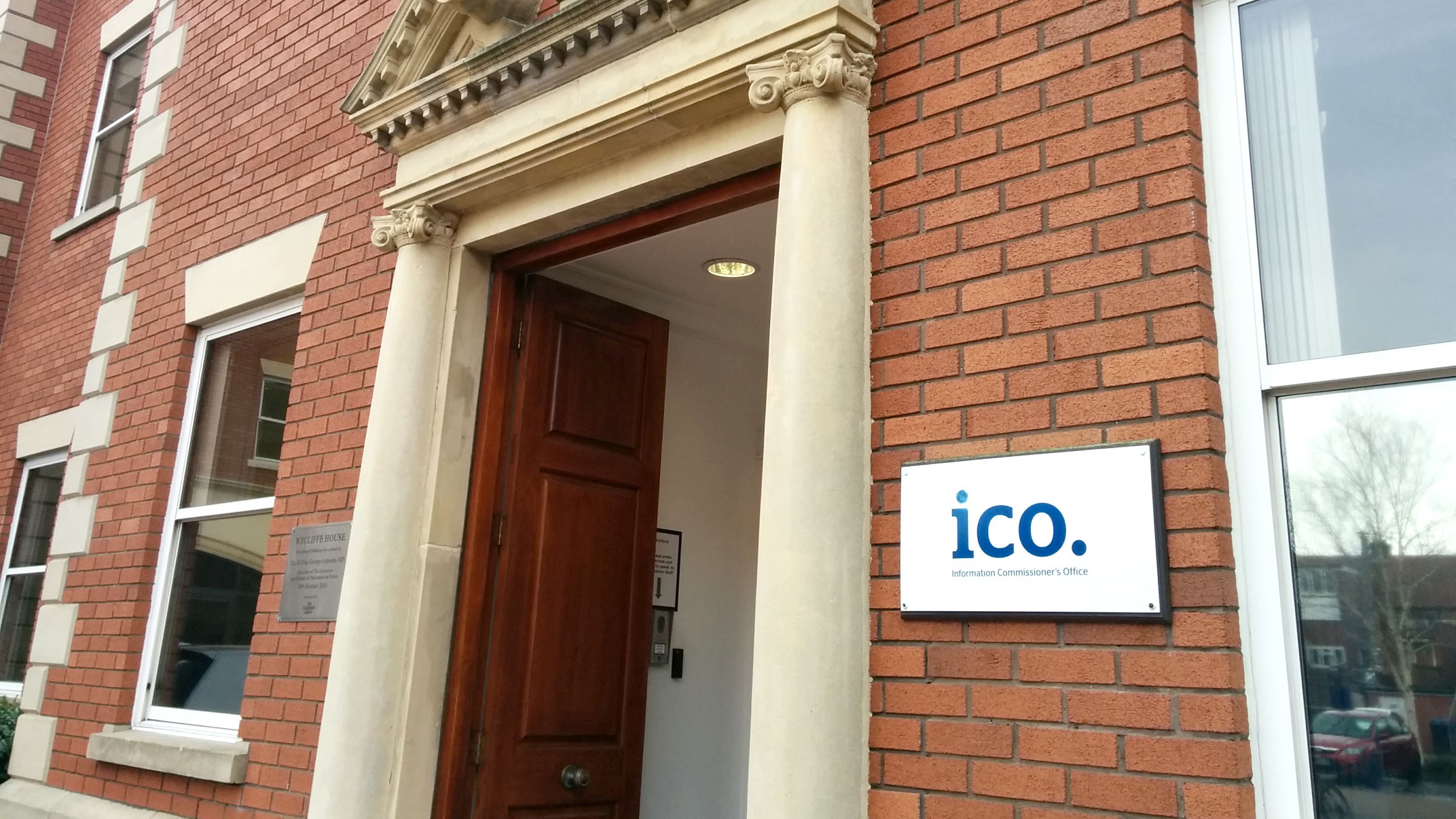 UK data watchdog cut IT spending by £1.2 million during pandemic
UK data watchdog cut IT spending by £1.2 million during pandemicNews The ICO’s IT budget has been slashed by around 23% since 2019
By Sabina Weston Published